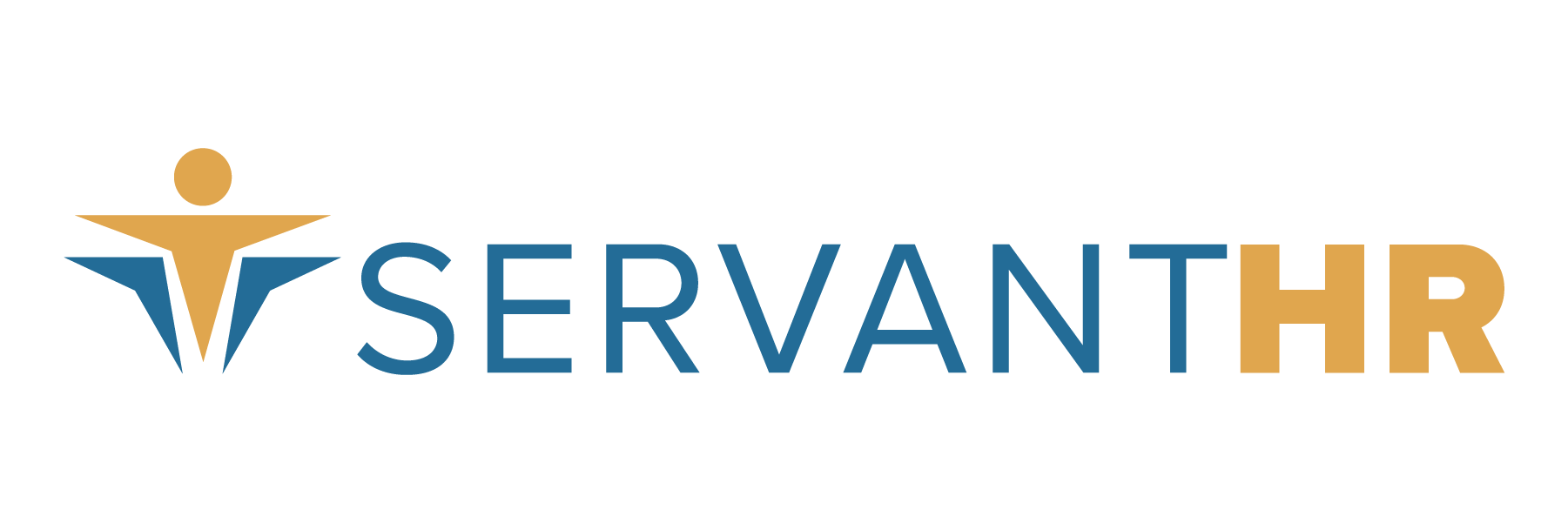I was recently asked to speak to a group of business owners about “World Class Job Descriptions.” Servant HR clients have a love-hate relationship with job descriptions – some love them, some hate them and some just view job descriptions as a necessary evil. While job descriptions are not mandatory for our clients, it is important to understand why job descriptions are necessary and the role they play in keeping you out of trouble.
1. Simplify recruiting communication
First, job descriptions are an easy way to explain job requirements to applicants. You want to attract and hire competent employees, and to do so, they must understand the key requirements of the job. A well written job description can make the recruitment process flow much more smoothly.
2. Clarify expectations with employees
Second, job descriptions are a great tool for communicating expectations to employees. The job description spells out what is expected of the employee and provides the direction to achieve successful job performance. You can utilize the job description when it comes time for performance reviews and/or determining compensation for a given position. You can also use them as road maps for career planning and training.
3. Ensure compliance with governmental regulations
Third, job descriptions are key to ensuring your legal compliance with the Americans with Disabilities Act and the Fair Labor Standards Act (FLSA). You may be faced with a situation in which an employee requests an accommodation in order to perform his or her job. Your job description is firm documentation of what constitutes the position and the requirements for it. This will be important in determining what are “essential functions” and potential reasonable accommodations. Your job descriptions also assist with FLSA compliance. By spelling out the FLSA status of a position (exempt v. non-exempt) you set the parameters for work hours, pay type and overtime.
4. Position to defent agains faulty unemployment claims
Finally, having job descriptions on file can be the difference between winning or losing (and paying!) unemployment claims. In today’s workplace, it is imperative to have written job descriptions for each position in your organization. In terms of unemployment claims, it is not uncommon to have an employer speak to the requirements of the job and then the employee claims they never knew of those requirements. The State Department of Workforce development tends to be ‘employee friendly’ and is less likely to deny benefits to someone who proves they were never given a job description. By creating them, you are giving yourself more leverage against faulty claims.
There are plenty of tools that help create the foundation of job descriptions without too much difficulty. It is a great starting point where an employer can then make them specific to their workplace and culture.
If you don’t have world class job descriptions or have concerns that yours won’t pass the test, we’d be happy to chat with you about your options.




